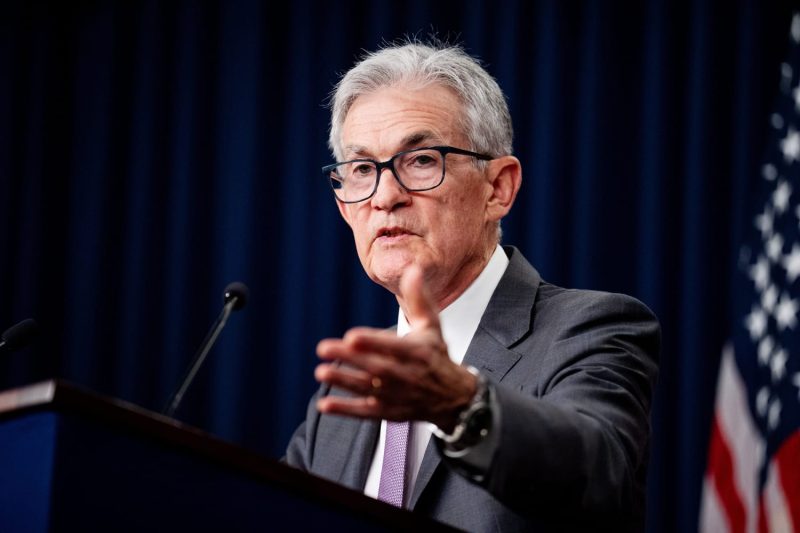The Federal Reserve’s Role in Economic Stability
The Federal Reserve, as the central bank of the United States, plays a crucial role in maintaining economic stability and fostering growth. In times of economic uncertainty and downturns, such as the current situation where markets are counting on the Fed to avert a recession through interest rate cuts, the central bank is looked upon to take decisive actions to support the economy.
One of the primary tools at the disposal of the Federal Reserve is interest rate adjustments. Interest rates influence borrowing costs for businesses and consumers, impacting spending, investment, and overall economic activity. By lowering interest rates, the Fed aims to stimulate borrowing and spending, thereby boosting economic growth.
In the face of mounting concerns about a potential recession, the Federal Reserve is under pressure to act preemptively to support the economy. Market participants are closely monitoring the central bank’s moves, anticipating sizable interest rate cuts to provide a cushion against economic headwinds.
However, the effectiveness of interest rate cuts in averting a recession is subject to debate among economists. While lower borrowing costs can incentivize spending and investment, there are limitations to the impact of monetary policy alone. Structural issues, geopolitical factors, and external shocks can also affect economic performance, underscoring the need for a comprehensive approach to economic management.
Moreover, the Federal Reserve faces the challenge of balancing its dual mandate of promoting maximum employment and stable prices. While lowering interest rates can support job creation and economic activity, it may also lead to inflationary pressures if not managed prudently. Thus, the central bank must strike a delicate balance in its monetary policy decisions to achieve its objectives effectively.
In conclusion, the Federal Reserve’s role in steering the economy through uncertain times is critical for maintaining stability and fostering growth. While market expectations for sizable interest rate cuts reflect the need for accommodative monetary policy, the central bank must consider a holistic approach to address complex economic challenges. By carefully calibrating its policy actions and communicating transparently with stakeholders, the Federal Reserve can play a vital role in supporting the economy and mitigating the risk of a recession.

